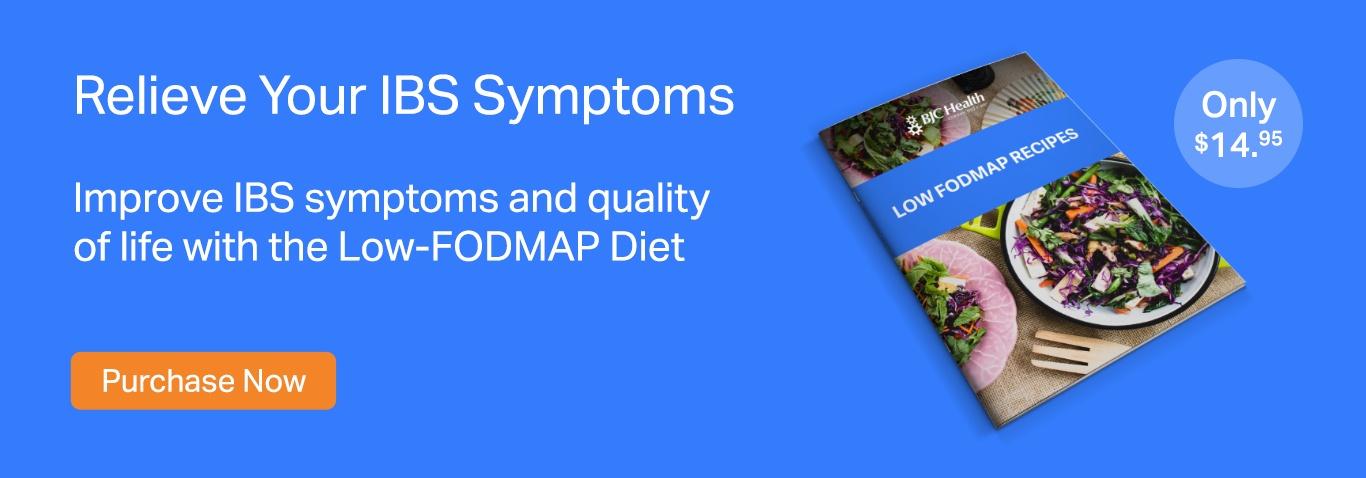Survival Guide: Eating Out on a FODMAP Diet
Clients suffering from irritable bowel syndrome (IBS) regularly tell me what they dislike most about needing to follow a low FODMAP diet are the restrictions associated with eating out. Whether you’re out at a restaurant or at a friend’s place for dinner, there’s no doubting it can be a pain, in more ways than one!
You often won’t know every ingredient that is in the food you order, you may feel self-conscious about being a burden to restaurant staff or even worry about other diners hearing all about your health problems. Or, maybe you simply just don’t want to miss out on the food on offer.
So, how can you make what can be a pretty stressful experience, into a more positive one?
There are a few ways to handle it and we want to help you with this survival guide to eating out on a FODMAP diet.
Eating at a café/restaurant
- Check out the menu before you go, so you know what’s on offer and can adjust your order accordingly. If there are any ingredients you’re unsure about, you can look them up before you get there;
- If you make a booking, let the chef know at the time of booking which ingredients in particular you know trigger your symptoms.
- Try pub style, modern Australian or Japanese cuisines. They’re some of the easiest food choices. Grilled meat or fish with veggies, or sashimi with seaweed salad.
- When changing your order is unavoidable, for example at a work function where only hors d’oeuvres are on offer, it’s worthwhile bringing a small snack in your bag.
Eating at someone else’s house
- If you’re able to bring something along with you, bring something you know your body can tolerate. That way there’s at least something you’re sure won’t cause you problems.
- Letting the host know is probably your best option. If they’re someone close to you, like a close friend or family member, chances are they will be as accommodating as they can (though admittedly, this can be very difficult for someone not well versed in the low FODMAP diet!).
For either of these situations, probiotics can also be your best friend. It can reduce the severity of your symptoms, and prolonged use can further reduce these symptoms.
I don’t want to worry about FODMAPs
If you don’t want to worry about FODMAPs, that’s perfectly OK. It is your body after all. It is completely up to you to decide how best to deal with your symptoms. Let’s say you’re at a friend’s wedding, or you’re going out for a very special meal. Eating lower FODMAP than usual in the days leading up to, and after will sometimes allow for a higher intake and can be adequate to mitigate symptoms.
Keep an eye out for our upcoming post about eating out when doing the FODMAP challenges, but in the mean time, download our handy guide to FODMAPs, or check out this piece on IBS.


